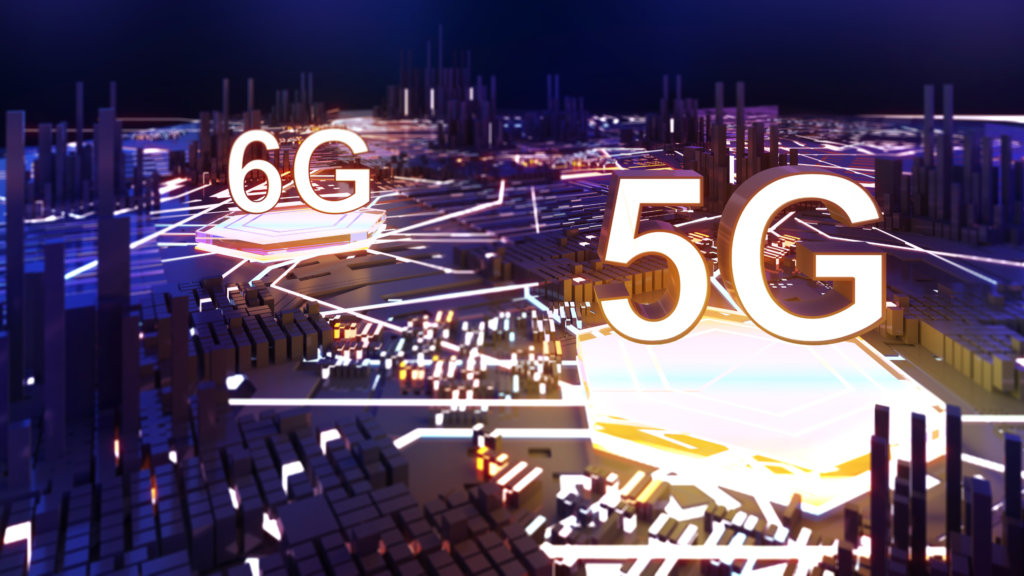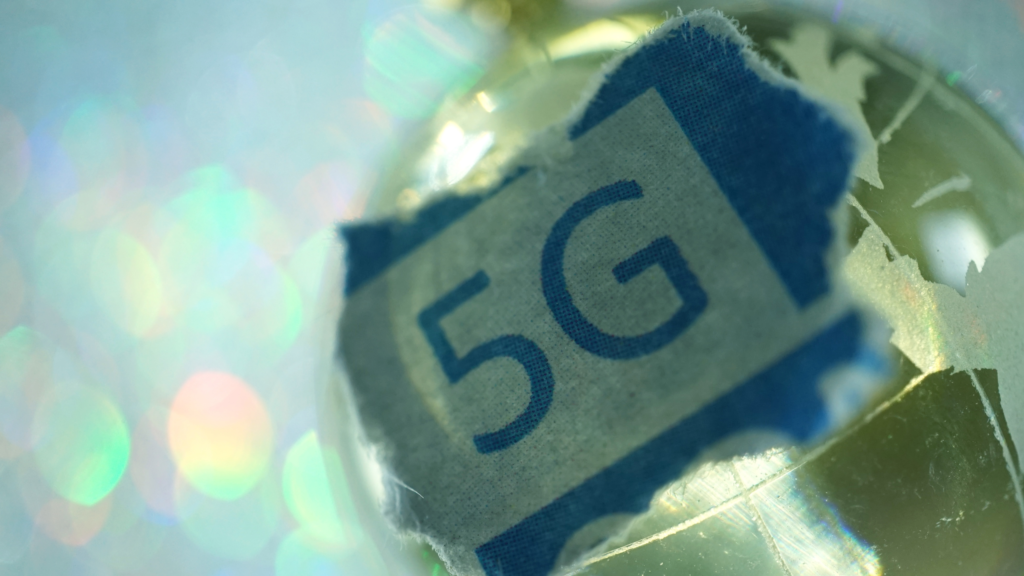In today’s fast-paced digital age, connectivity is paramount. The advent of 5G technology has sparked excitement and curiosity among consumers and industries alike. As of [date], the landscape of connectivity is undergoing a monumental shift with the emergence of 5G networks.

The Impact of 5G on Connectivity:
Faster Internet Speeds: With 5G, users can experience lightning-fast internet speeds like never before. Downloading large files, streaming high-definition videos, and engaging in seamless video calls are now achievable at unprecedented speeds.
Low Latency: One of the most significant advantages of 5G is its low latency, enabling near-instantaneous communication between devices. This means smoother online gaming experiences, enhanced virtual meetings, and quicker response times for critical applications.
Increased Capacity: 5G networks boast significantly higher capacity compared to their predecessors. This means more devices can connect simultaneously without compromising network performance, paving the way for a more interconnected world.
ALSO READ : Alert! Android 15: Google’s New Theft Detection Function Keeps Your Phone Secure
5G’s Role in Revolutionizing Industries:
Healthcare: The healthcare industry stands to benefit immensely from 5G technology. From remote patient monitoring to telemedicine services, 5G enables healthcare professionals to deliver efficient and accessible care to patients regardless of their location.
Automotive: In the automotive sector, 5G facilitates advancements in autonomous driving and vehicle-to-vehicle communication. Enhanced connectivity allows for real-time traffic updates, improved navigation systems, and increased safety on the roads.
Manufacturing: 5G technology is revolutionizing manufacturing processes by enabling the implementation of smart factories. With ultra-low latency and high reliability, manufacturers can optimize production efficiency, reduce downtime, and enhance overall productivity.

Challenges and Concerns Surrounding 5G:
Security Risks: As with any new technology, 5G brings forth concerns regarding cybersecurity. The interconnected nature of 5G networks poses potential vulnerabilities that could be exploited by malicious actors, necessitating robust security measures to safeguard sensitive data.
Infrastructure Upgrades: The rollout of 5G networks requires extensive infrastructure upgrades, including the deployment of small cell towers and fiber optic cables. However, the cost and logistical challenges associated with infrastructure development remain a significant hurdle in achieving widespread adoption.
Future Applications of 5G Technology:
Smart Cities: 5G technology serves as the backbone for the development of smart cities, where interconnected devices and sensors facilitate efficient resource management, improved public services, and enhanced quality of life for residents.
Internet of Things (IoT): The proliferation of IoT devices is made possible by 5G connectivity, enabling seamless communication between interconnected devices across various industries. From smart homes to industrial automation, 5G fuels the IoT revolution.
Virtual Reality (VR) and Augmented Reality (AR): 5G’s high-speed, low-latency capabilities unlock new possibilities for immersive experiences in VR and AR applications. From gaming and entertainment to training simulations and virtual meetings, 5G enhances the realism and interactivity of virtual environments.
The Global Rollout of 5G Networks:
Countries around the world are racing to deploy 5G networks to capitalize on its transformative potential. From urban centers to rural areas, efforts are underway to ensure equitable access to 5G technology and bridge the digital divide.
5G technology represents a paradigm shift in connectivity, offering unprecedented speed, reliability, and capacity. While it holds immense promise for revolutionizing industries and enhancing everyday experiences, challenges such as security risks and infrastructure upgrades must be addressed. As the global rollout of 5G networks continues, the future of connectivity is poised for remarkable transformation.
FAQs:
- What is 5G technology, and how does it differ from previous generations?
- What are some practical applications of 5G in everyday life?
- How will 5G impact businesses and industries?
- Are there any health concerns associated with 5G technology?
- When can we expect widespread availability of 5G networks?
